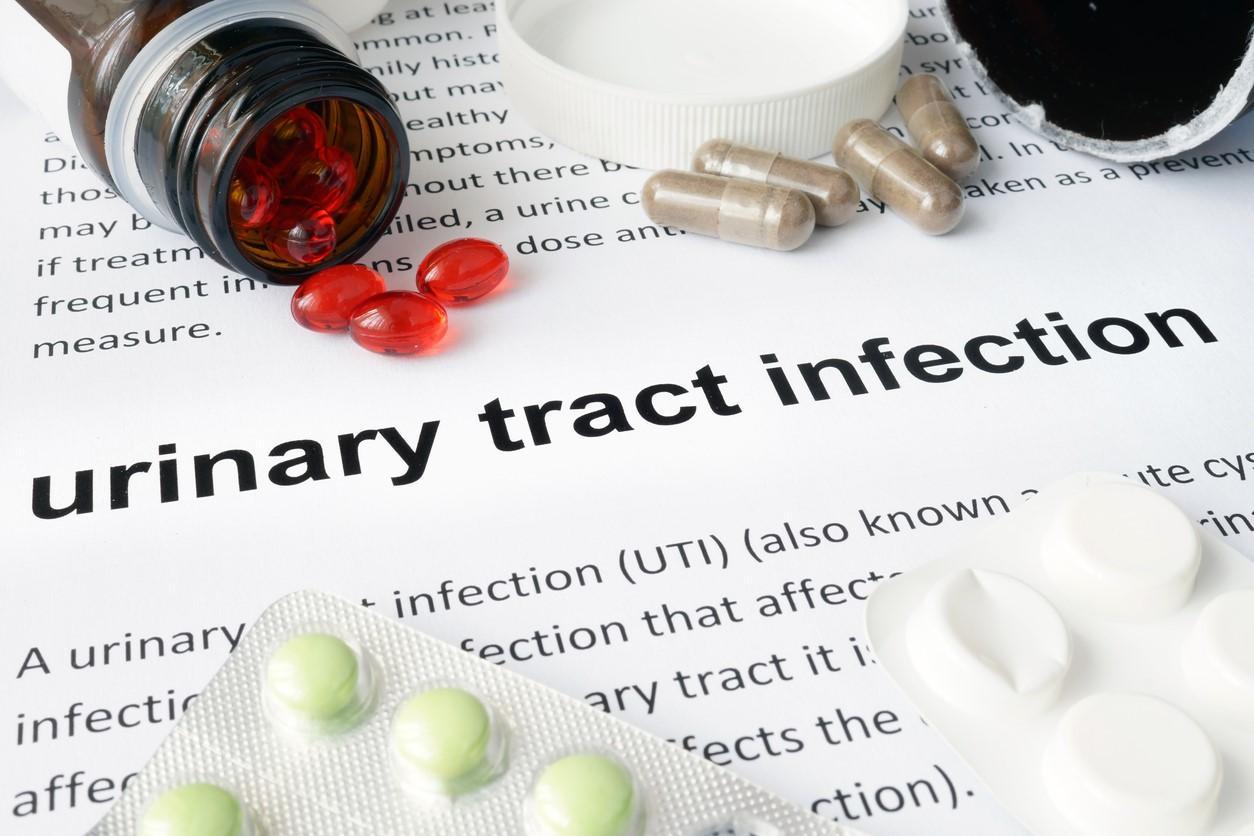The US Food and Drug Administration (FDA) yesterday approved the oral antibiotic pivmecillinam for treating uncomplicated urinary tract infections (uUTIs).
Marketed under the brand name Pivya, pivmecillinam has a unique mechanism of action but is not a new antibiotic. In fact, it has been used outside of the United States to treat uUTIs for more than 40 years and is recommended as a first-line treatment in several countries. But it's the first antibiotic approved by the FDA for uUTIs in more than two decades.
Millions of women each year have UTIs
Millions of US women are affected by uUTIs each year. Roughly 50% will experience a uUTI in their lifetime.
"Uncomplicated UTIs are a very common condition impacting women and one of the most frequent reasons for antibiotic use," Peter Kim, MD, director of the Division of Anti-Infectives in the FDA's Center for Drug Evaluation and Research, said in an FDA press release. "The FDA is committed to fostering new antibiotic availability when they prove to be safe and effective, and Pivya will provide an additional treatment option for uncomplicated UTIs."
The approval is for treatment of uUTIs caused by susceptible isolates of Escherichia coli, Proteus mirabilis, and Staphylococcus saprophyticus.
The FDA said approval was based on results from three randomized controlled trials that compared pivmecillinam to placebo, to another antibiotic, and to an anti-inflammatory. The primary measure of efficacy in each trial was a composite response of clinical cure (resolution of symptoms) and microbiologic response (reduction of the bacteria culture at trial entry).
In the trial comparing pivmecillinam to placebo, 62% of 137 participants who received the antibiotic achieved composite response, compared to 10% of 134 who received placebo. Compared with another antibiotic, 72% of 127 subjects who received pivmecillinam achieved composite response versus 76% of 132 who received the comparator drug. Composite response was achieved in 66% of 105 participants who received pivmecillinam compared with 22% of the 119 who took ibuprofen.
More options needed for uUTIs
The rights to pivmecillinam are owned by Utility Therapeutics, a UK pharmaceutical company focused on therapies for UTIs. The company also owns the rights to mecillinam, the intravenous version of the drug. Both drugs received the FDA's qualified infectious drug product designation in 2018.
Utility Therapeutics President and CEO Tom Hadley told CIDRAP News in an interview earlier this year that with the three most commonly prescribed first-line antibiotics for uUTIs—nitrofurantoin, Bactrim (sulfamethoxazole and trimethoprim), and fluoroquinolones—increasingly limited by resistance, efficacy, and safety issues, there was a clear need for more options.
"There are 30 million prescriptions written for antibiotics for uncomplicated UTIs every year, and over 90% of those are for those three products," Hadley said. "There's a huge need, and doctors need options."
A 2022 surveillance report from the World Health Organization found that more than 20% of urinary E coli isolates were resistant to first- and second-line antibiotics. E coli is the primary cause of UTIs.
The FDA is committed to fostering new antibiotic availability when they prove to be safe and effective, and Pivya will provide an additional treatment option for uncomplicated UTIs.
The news also marks a major milestone for the AMR Action Fund, which led a private round of funding for Utility Therapeutics in January to help the company meet the FDA's financial requirements for reviewing the new drug application for pivmecillinam. The fund was established in 2020 with the aim of investing more than $1 billion over the decade with the goal of bringing two to four new antibiotics to market by 2030.
Pivmecillinam is the first antibiotic in the AMR Action Fund's portfolio to receive regulatory approval.
"Bringing pivmecillinam to the U.S. has the potential to benefit patients suffering from these harmful infections by giving clinicians a new, urgently needed treatment option for uncomplicated UTIs," AMR Action Fund CEO Henry Skinner, PhD, said in a press release.
Skinner also noted that FDA approval could support efforts to provide access to pivmecillinam in low- and middle-income countries, where it has not yet been approved and where high rates of antibiotic resistance have left fewer effective treatment options for common bacterial infections like UTIs.























